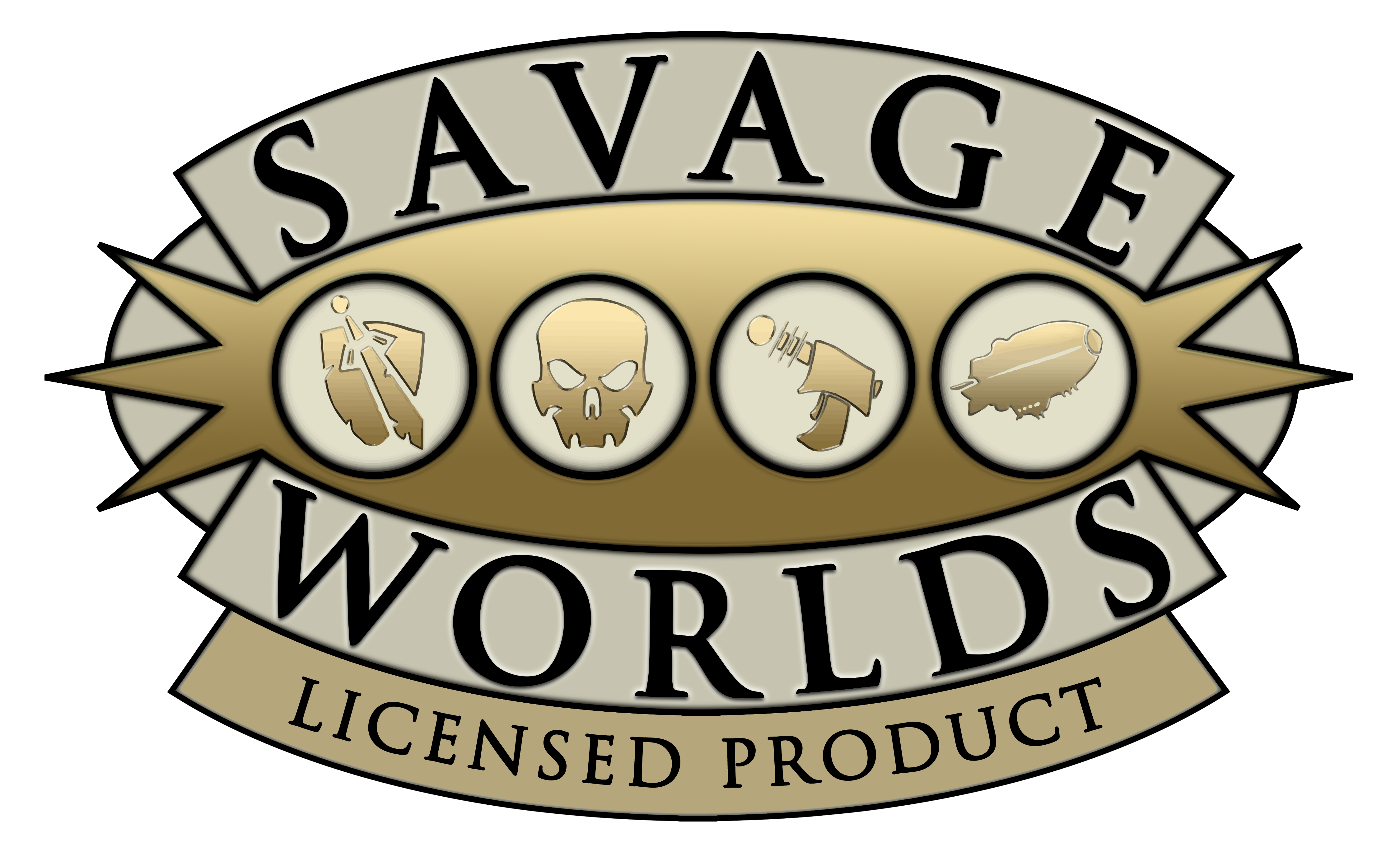Generally speaking, it’s better to act and fail, than to have never acted at all.
 I’m not saying that’s always the case, nor am I saying you should throw caution to the wind and just go as crazy as you can. But there are various ways in which we, the players, can approach the game, and some of them are more proactive than others.
I’m not saying that’s always the case, nor am I saying you should throw caution to the wind and just go as crazy as you can. But there are various ways in which we, the players, can approach the game, and some of them are more proactive than others.
For example, in most cases, you should declare your intentions first, and reconsider later. Note the differences between these two interactions:
Overly Cautious Lily
Lily: I’m thinking about maybe trying to get the Crystal this turn. How dangerous is it?
Nadav: I donno, what were you thinking on doing?
Lily: Maybe run towards the table, break the container and grab the Crystal.
Nadav: It’s going to take several checks, and the table is right next to the beast, [points at the map] so it’s your call.
Lily: Okay, so… I should probably throw something at the container to break it. How far away is it?
Nadav: [points at map] About 6 yards.
Lily: I should get closer. Any other modifiers on the check?
Nadav: It’s rather small, so there’s a -2.
Lily: Hmm! Not sure I can make it.
Nadav: Trying to accomplish so much in one turn is always tricky.
Lily: Wait, do I need to also grab the Crystal? Is that an action, or can I just do it?
Nadav: I’ll say it’s an action. After you hit the container, the Crystal might just roll somewhere.
Lily: Which action? What do I roll?
Nadav: Let’s say Agility.
Lily: Okay, let me check my sheet.
Lily: Well! I think I’ll try it.
Action Lily
Lily: I’m going to get that Crystal this turn.
Nadav: You’re going to try.
Lily: Sure, I’ll tell you what I want to do and you tell me what I need to roll.
Nadav: [nods]
Lily: I want to run forward, throw something at the container, then grab the Crystal and get away. Two actions? Throwing and grabbing?
Nadav: Also running, you’ll need the extra yards. So that’s three actions.
Lily: Hmm! That’s a lot.
Nadav: You should also know the container is small, there’s a -2 on the Throwing check. Oh, and you’ll get really close to the beast, if you haven’t noticed.
Lily: Okay, let me check my sheet.
Lily: Well! Let’s do this.
(Neither of these interactions happened on our page, because they’re not as funny. )
There are several differences; for example, the second Lily is reading the map herself, while the first isn’t, for whatever reasons. But the main difference I want to focus on is a bit subtle. In the first one, Lily is slowly building up what she wants to do, by asking the GM about how difficult it will be. In the second one, Lily says what she’s planning to do, then the GM explains how difficult it’s going to be.
In both cases the information is the same, the rolls are just as difficult, and Lily is going to use exactly the same Traits. But in the first one the action is slow and in the second it’s fast, because of the way the people around the table talk with each other.
Also important to note – in the first interaction, Lily had several decision junctions (one after every question) in each of which she could have decided to forgo this course of action, and restart the process (“Okay, then maybe I should help Mac in some way?..”). Changing your mind based on new data is an excellent idea, but note that the 2nd Lily gets just as much data in the second interaction – it’s just all at the same time. It’s quicker, and there’s only one decision junction. Being open to reconsideration is not the same as doubting yourself; the latter might grind the game to a halt. We should aim not to have too many decision junctions.
Telling the GM what you’re thinking on doing, and getting from them any warnings or modifiers, is simply swifter, and somewhat cooler, than asking about every detail, building up to what you want to do anyway, while constantly doubting this course of action. Just say what you want to do, and let the GM (and other attentive players!) tell you what are the things you should know before you commit.
This is of course recommended in games like Savage Worlds, where swift action is supported by the rules; less so in games like Pathfinder, where careful and calculated action is supported by the rules. However, I find that “I should help in propelling the game forward” is a good mindset to have in any system, and saying what you’re thinking on doing and then figuring out the details, is always quicker than asking for tons of details and then constructing an action.



